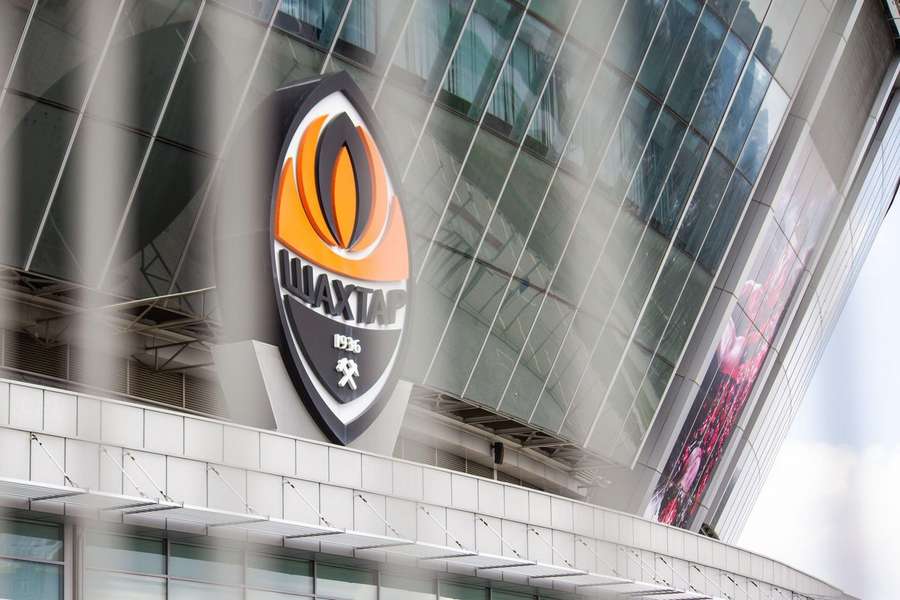Shakhtar reach out to wounded Ukrainian soldiers and war orphans

The club - whose lifting of the 2009 UEFA Cup makes it one of only two Ukrainian teams to win a European club competition - has through its foundation Shakhtar Social spared no expense since Russia invaded Ukraine in February 2022.
They have paid 100,000 euros (£88,500) each for five severely wounded soldiers to be sent for medical treatment in hospitals in Israel, the United States and Spain.
"You cannot imagine what injuries they have," Shakhtar CEO Sergey Palkin told AFP in a phone interview.
"Two of them are paralysed, others suffered catastrophic wounds in a rocket detonation.
"It is very difficult to control one's emotions when one sees them.
"We want to give them a chance of a normal life. These hospitals have very sophisticated procedures.
"The families cannot sustain those expenses and the government has no capability to provide this financial help so we are taking care of them."
Children have suffered too amid the death and destruction. Some have been killed, some have been left as orphans and others have been forcibly taken to Russia.
"We have looked after 31 children, who lost their parents due to the war and we have found them 17 families," said Palkin.
"We provide living expenses, medical treatments, iPads and try to normalise the situation from a psychological point of view.
"These children have been left traumatised by the violent loss of their parents."
Shakhtar's Ukrainian international defender Ivan Petryak knows what it is like to lose a family member.
His father-in-law Ivan Petrenko was killed in action in the Donbas in May last year.
"The guys who were with him saw him die," Petryak told AFP.
"For us as a family it is the worst situation as we cannot find the body and we cannot make the funeral to say goodbye.
"This is the worst for us as we do not know what to do as we have no information about him."
'Bit of a circus'
Shakhtar have a bitter experience of what it is like to be displaced. The club hosted matches in the 2012 European Championship but two years later they were on the move after the Russians seized Crimea.
They played in Kyiv before the war and are now in Lviv.
Little did they realise they would play host to more refugees from the Donbas region eight years later as the Russian army swept in once again.
"We accepted more than 2,000 refugees from the eastern part of Ukraine," said Palkin.
"We provide food, medical treatment, including psychological treatment, helping people to concentrate on what they should do regarding their next steps.
"Many lost houses, apartments, their passports and personal documents."
Petryak says he cannot envisage a scenario where he takes to a pitch in the future against a Russian team - "they are like zombies" he says of the Russian players and their support of President Vladimir Putin.
Equally, he is dumbfounded that IOC President Thomas Bach has left the door open for Russian and Belarusian athletes to compete in the Olympics in Paris next year.
"The situation is not possible," he said.
"Bach is very wrong. Every day they kill our children, people, athletes.
"More than 200 athletes have been killed and he wants to say Russia and Belarus are allowed at the Olympic Games. How is it possible?
"It is unbelievable. For me it is a bit of a circus."
Petryak says he understands why the vast majority of foreign players went out on loan once the conflict took hold.
He is extremely proud though that despite losing a huge amount of Brazilian talent, the club still finished third in their Champions League group and reached the last 16 of the Europa League this season.
"Some athletes have taken up the gun," he said.
"My team, we support the country with money and we can give more from this side.
"I am not criticising those who took up the gun but we feel the better we play, the more money we can send to the army and other athletes.
"We are like a big family."

